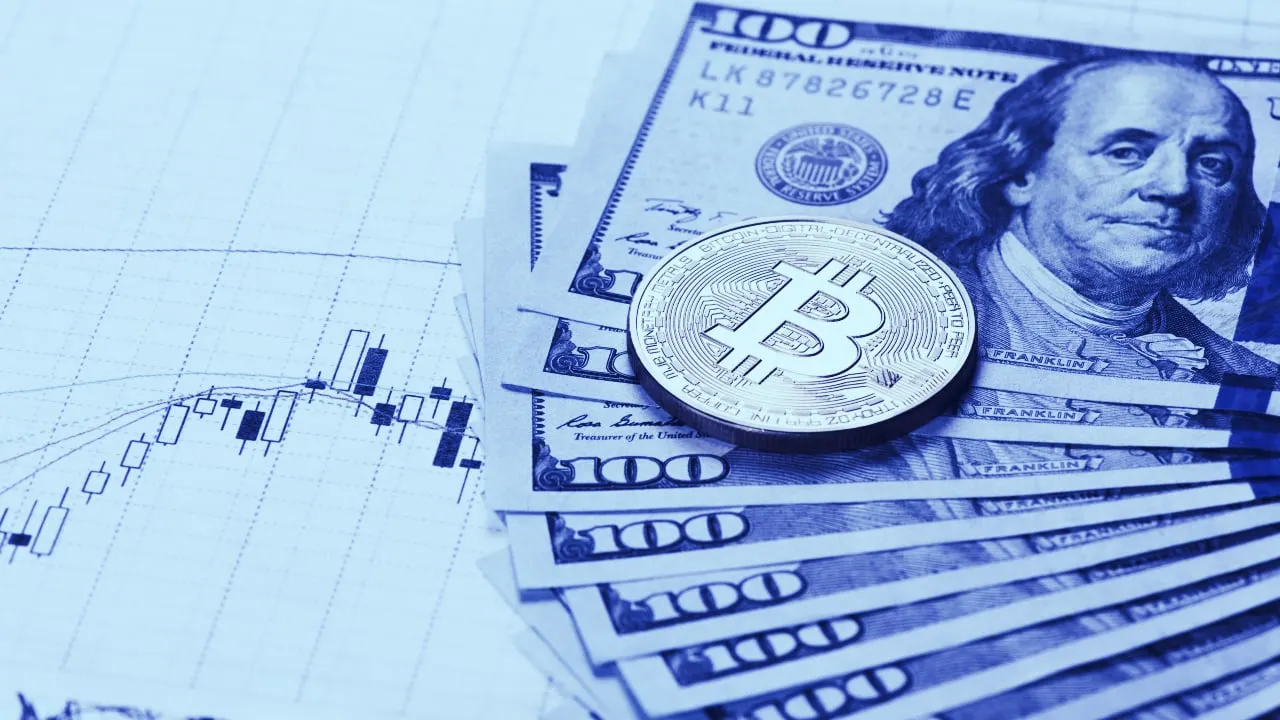In brief
- The cost of sending Bitcoin usually increases when the price of the cryptocurrency rallies.
- But despite Bitcoin fast approaching an all-time high, transaction fees are low—much lower than 2017’s price rally.
- Experts explained to Decrypt what makes this time different.
Bitcoin’s price is fast approaching an all-time high—but its transaction fees, strangely, aren’t.
The cost of sending Bitcoin had been notoriously high this year. This is in part due to the cryptocurrency’s price increasing.
But the price of sending the coin has dipped in the past month. It now costs an average of $3.50 to make a Bitcoin transaction, according to BitInfoCharts data. On October 31, that figure stood at $13.15—73% higher.
So why is this happening? Bitcoin transaction fees increase when more people want to use the network. And with so many people and companies snapping up the cryptocurrency, surely that means more transactions and therefore costlier fees, right?
Well, not necessarily, according to experts who spoke with Decrypt. More people are buying the cryptocurrency and pouring funds into the crypto world—but they’re not necessarily using it.
“It's of course hard to be sure, but a theory I have is that we're right now seeing a very low number (relatively speaking) of Bitcoin on exchanges,” Torkel Rogstad, a software developer at crypto-research firm Arcane, said. “It appears people aren't as keen on trading at this stage in the bull run. Exchange traffic is what often causes fee spikes, as people want to get coins on there to trade.”
Suredbits, a company that aims to speed up Bitcoin transactions, told Decrypt that “more people aren't sending Bitcoin.” The company added that people using scaling technologies—like Segregated Witness (SegWit)—“relieves some fee pressure.”
During the height of Bitcoin’s all-time price high of $20,000 at the end of December 2017, transaction fees hit $55. This was because of people quite simply going crazy with the coin and sending it around. There was more “mania,” experts told Decrypt.
This time, more people are buying up Bitcoin, but they aren’t making transactions: big tech companies such as PayPal and MicroStrategy just buying the currency and holding it.
Simply put, the Bitcoin is just sitting in idle wallets.
“There was a greater degree of mania [in 2017],” added Rogstad. “Mania isn't here quite yet.”
Pedro Febrero, co-founder of the Crypto Nerds academy and analyst at Quantum Economics, also said that “even though price is pumping that does not necessarily mean an inflow of users; it means more money coming into the market.”
He added that “loads of Bitcoin” has been taken out of exchanges, in turn putting additional upward pressure on price. “The less Bitcoin available to buy, more likely the price rises,” he said.
So for now, it looks like it’s going to be cheap to do what Bitcoin was originally designed to do—make transactions.
Disclaimer
The views and opinions expressed by the author are for informational purposes only and do not constitute financial, investment, or other advice.

